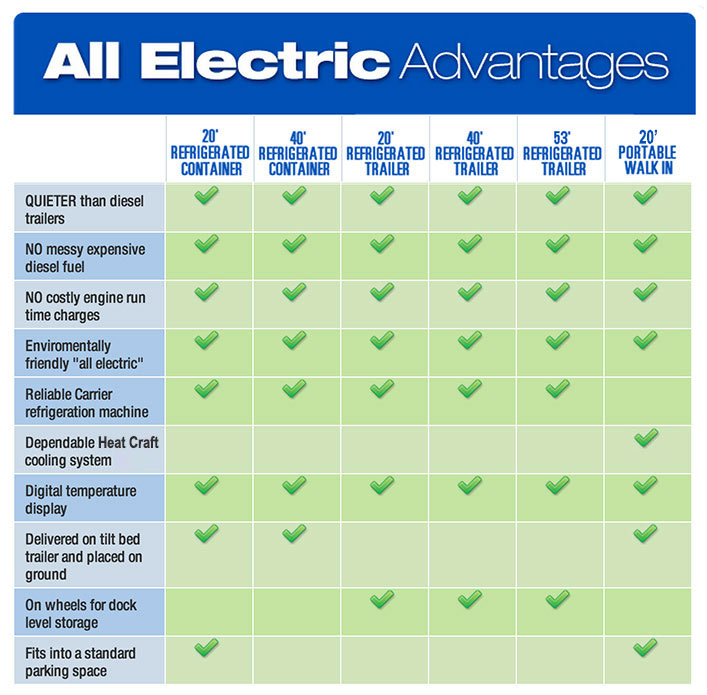Benefits of Electric Refrigerated Containers for Farming and Agriculture

Electric refrigerated containers, commonly known as “reefers”, have emerged as a pivotal innovation in the agricultural supply chain. They offer a multitude of benefits that can address many of the challenges faced by farming and agriculture today.
-
Extended Product Shelf Life – Perhaps the most direct advantage of electric refrigerated containers is their ability to maintain a consistent temperature level. For agricultural produce, this means an extended shelf life. Products like fruits, vegetables, and dairy which are highly perishable can be stored longer, reducing waste and ensuring that they reach consumers in the best possible condition.
-
Global Market Access – Farmers are no longer confined to selling their products locally. With reefers, they can now access markets thousands of miles away, opening doors to global opportunities. This can lead to increased profitability as they tap into markets that might offer better prices or are out of season.
-
Reduced Post-Harvest Losses – In many developing countries, post-harvest losses due to inadequate storage or transport facilities are a significant issue. Electric refrigerated containers can dramatically reduce losses by providing a controlled environment, thereby preserving the quality and quantity of the harvests.
-
Improved Price Stabilization – With the extended storage capacity provided by refrigerated containers, farmers can have better control over when to release their produce to the market. This means they can wait out periods of low demand or low prices, leading to more price stability and consistent supply.
-
Enhanced Biosecurity – Electric refrigerated containers can be sealed and monitored for temperature fluctuations, making them less susceptible to pests and pathogens. This not only ensures the quality of the produce, but it also meets the stringent import requirements of many countries.
-
Sustainability and Environmental Benefits – Modern electric refrigerated containers are more often energy-efficient than older, diesel-powered models. Transitioning to electric means a reduction in greenhouse gas emissions. By reducing food waste through extended shelf lives, we decrease the environmental footprint associated with farming, transporting, and ultimately discarding unsold or spoiled produce.
-
Economic Viability for Smallholder Farmers – Grouping together, smallholder farmers can share the costs and benefits of refrigerated storage, making it more economically viable. This collective approach allows them to access technologies and markets that might have been previously out of reach.
Written on November 13, 2023
